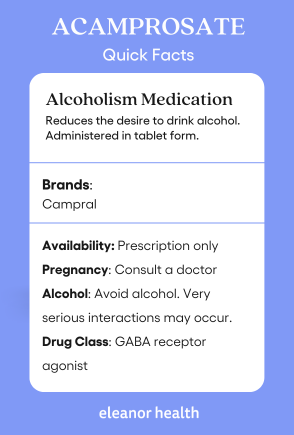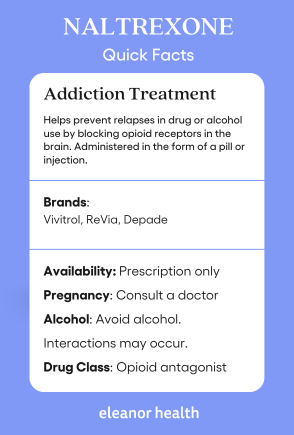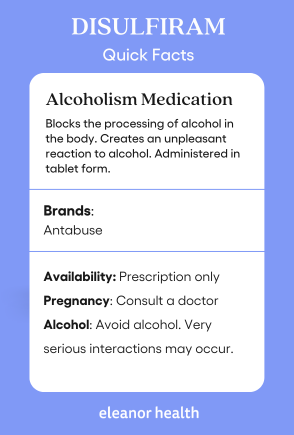Both Acamprosate and Naltrexone are commonly used to treat alcoholism, but they work in different ways and have different effects.
Acamprosate helps by balancing the brain chemicals disrupted by heavy drinking. It reduces the uncomfortable symptoms of long-term alcohol withdrawal and helps restore normal brain function, which lowers the urge to drink.
Naltrexone, on the other hand, works by blocking opioid receptors in the brain. Alcohol usually makes people feel good by acting on these receptors, but Naltrexone stops this, making alcohol less enjoyable and less tempting.
Naltrexone is processed by the liver, so people with liver problems might prefer Acamprosate since it doesn’t affect the liver. Conversely, people with kidney problems might choose Naltrexone because it doesn’t affect the kidneys. Another difference is that Naltrexone is taken as one pill a day, while Acamprosate requires taking two pills three times a day, which can be harder to remember. Also, Acamprosate can’t be taken while still drinking, but Naltrexone can, so people who want to cut back on drinking rather than quit entirely might prefer Naltrexone.
Both medications aim to help people recover from alcoholism and prevent relapse. Choosing between them depends on individual factors like medical history, treatment goals, personal preference, and how one responds to previous treatments. It’s important to talk to a healthcare professional to decide the best treatment plan for you.











